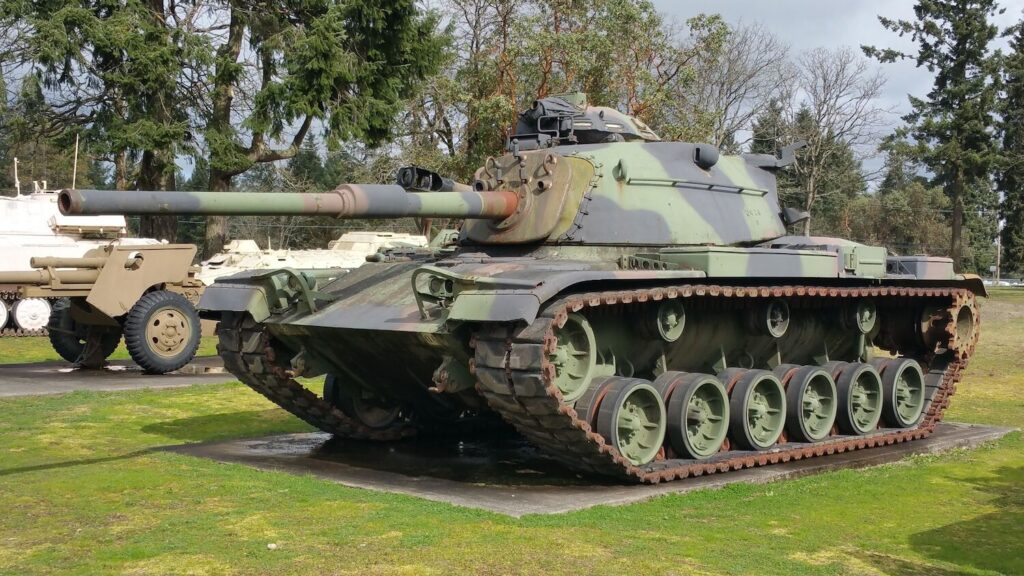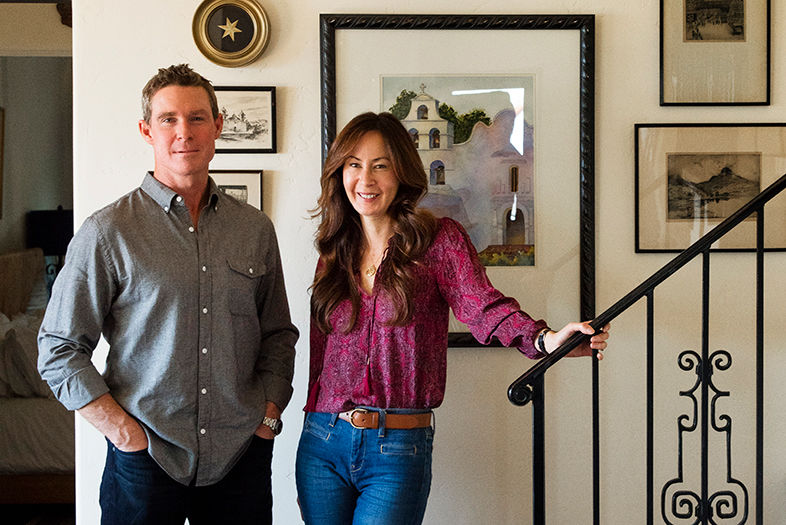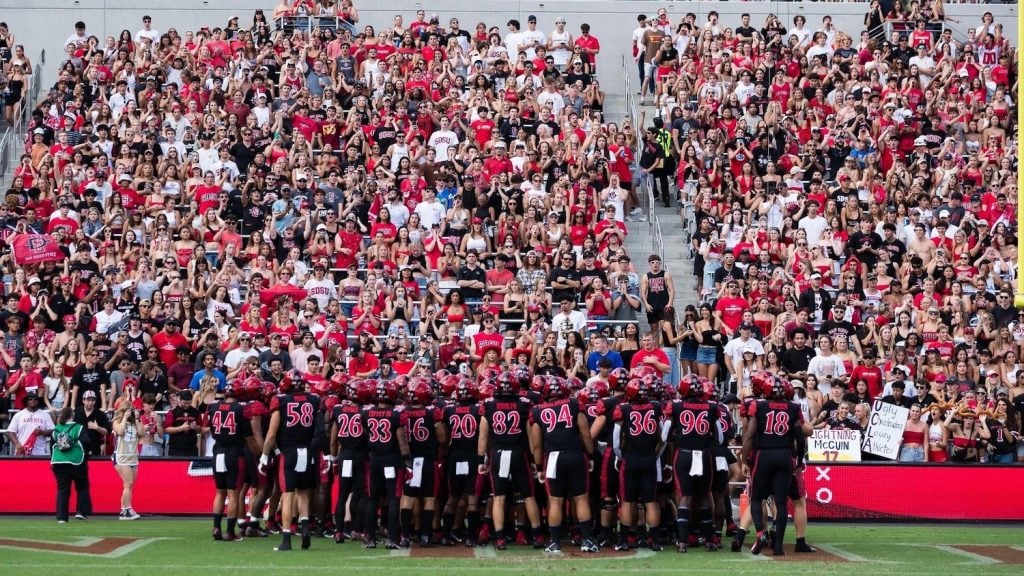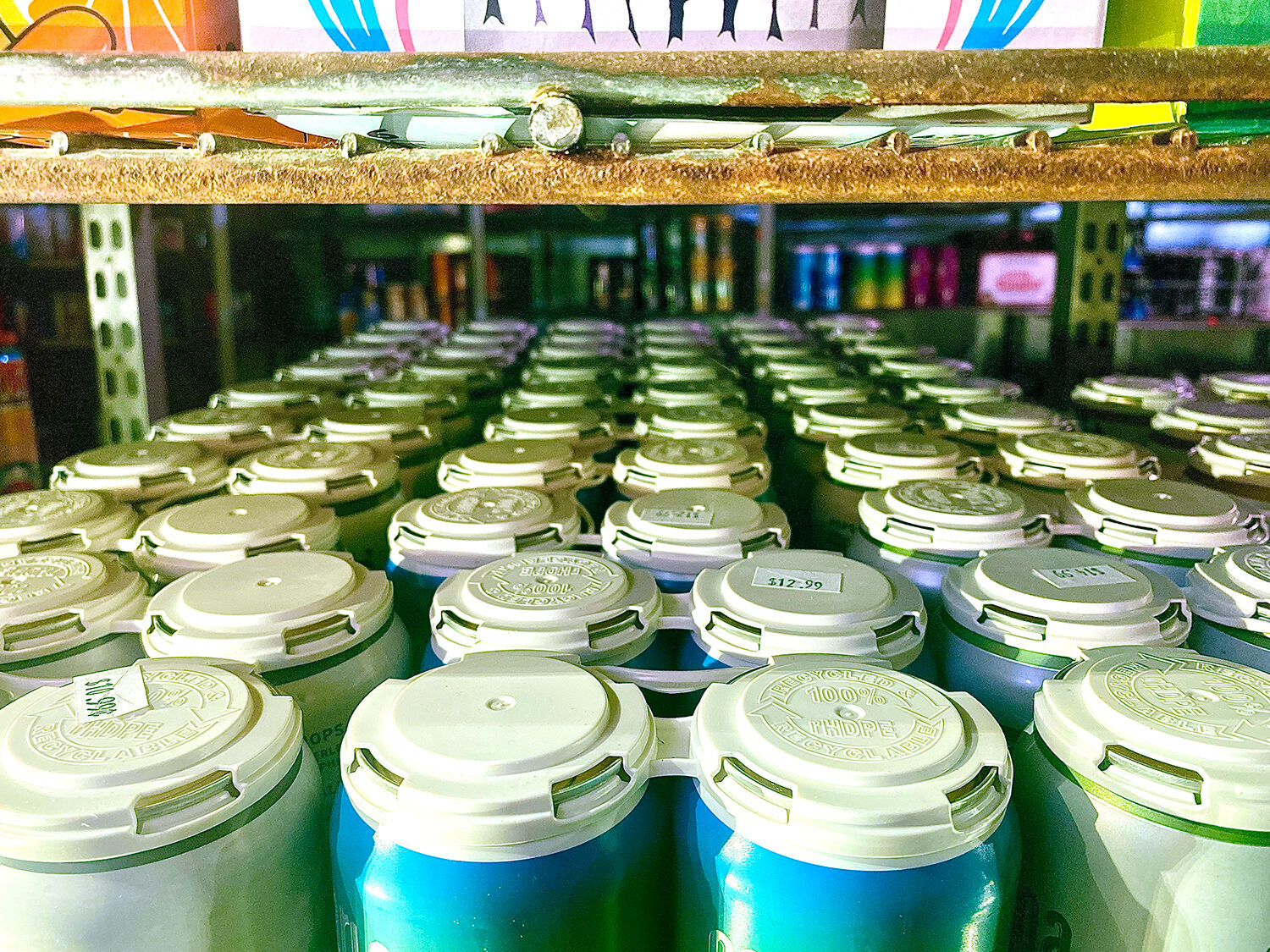
IMG_5910_rev.jpg
The craft beer industry is full of trash.
We’re talking literal trash—hundreds of thousands of pounds of garbage head to landfills each year, and a big chunk of that are things like plastic, cardboard, and aluminum. In short, stuff that can be recycled. So why isn’t it?
Romi Rossel, founding member of the San Diego Brewcycling Collaborative, says that not every recycler has the infrastructure or machinery to accept certain materials. She points to reasons like the cost of purchasing specific processing machines compared to the value of the recycled materials. “Bigger systems, they don’t want to recycle because they don’t generate profit,” she says, naming common brewery items like used grain bags and PakTech holders that tend to jam up standard recycling machines. “So they end up at landfills.”
PakTechs are the sturdy snap-on tops for four- and six-packs of beer. They’re marketed as 100 percent recycled plastic rHDPE, or recycled High-Density Polythene, which is a commonly used plastic material whose chemical- and impact-resistance makes it ideal for carrying cans of beer. In theory, they can be recycled and reused. In reality, Rossel points out, that’s not the case.
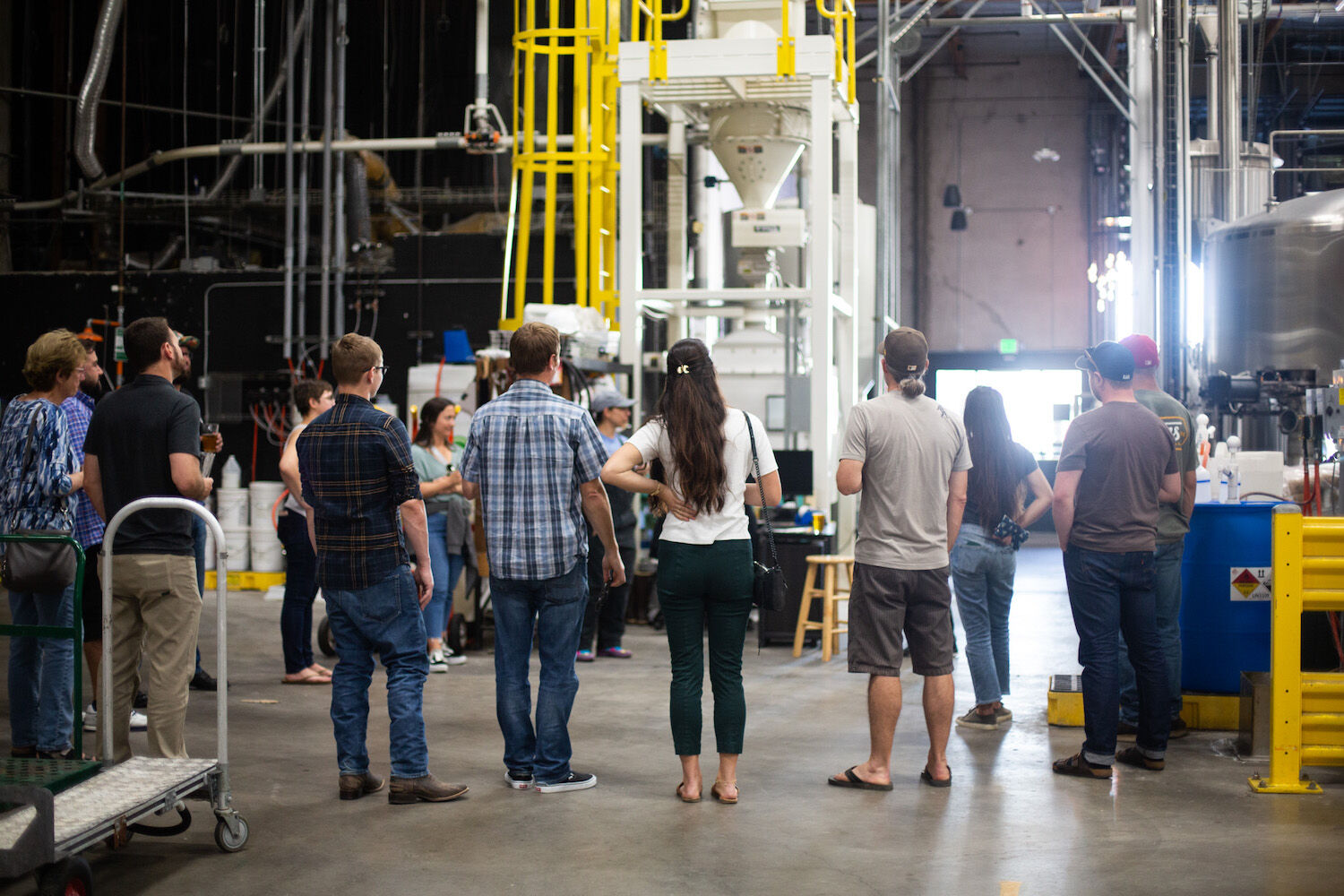
brewcycling-sdm1222.jpg
Steve Weihe is a Recycling Specialist II for the County of San Diego’s Department of Public Works, as well as a member of the Brewcycling Collaborative. In 2021, Tom Kiely, general manager at Thorn Brewing Company, accompanied Weihe to waste management company’s EDCO’s processing plant in Escondido to conduct a real-world test of how often PakTechs were properly sorted.
“About 50 percent of them were captured correctly,” says Weihe, calling that a “best case scenario” depending on their color. Natalia King Quick, another Recycling Specialist II and Brewcycler, says that while white and lighter-colored PakTechs were occasionally sorted into recycling, black and dark green ones were correctly identified around zero percent of the time. “And the black ones are the cheapest,” she points out, making them the most common.
Not only are thousands of pounds of recyclable materials not getting recycled, but most breweries don’t realize they could save money and save the Earth. When breweries collect large quantities of PakTechs and used grain bags for Brewcycling pickup, they can reduce their trash output while gaining sustainability credibility.
Fio Rossel Borkert, another Brewcycler, estimates Thorn Brewing Company’s initial savings at $200-$300 per month on trash collection simply by combining recyclable waste for Brewcycling to properly dispose of. It all goes towards the “Triple Bottom Line,” as explained by Quick.
“If there’s a bottom line of profit, then there’s a triple bottom line of Planet, Profit, and People,” she says. “You have to have that balance.”
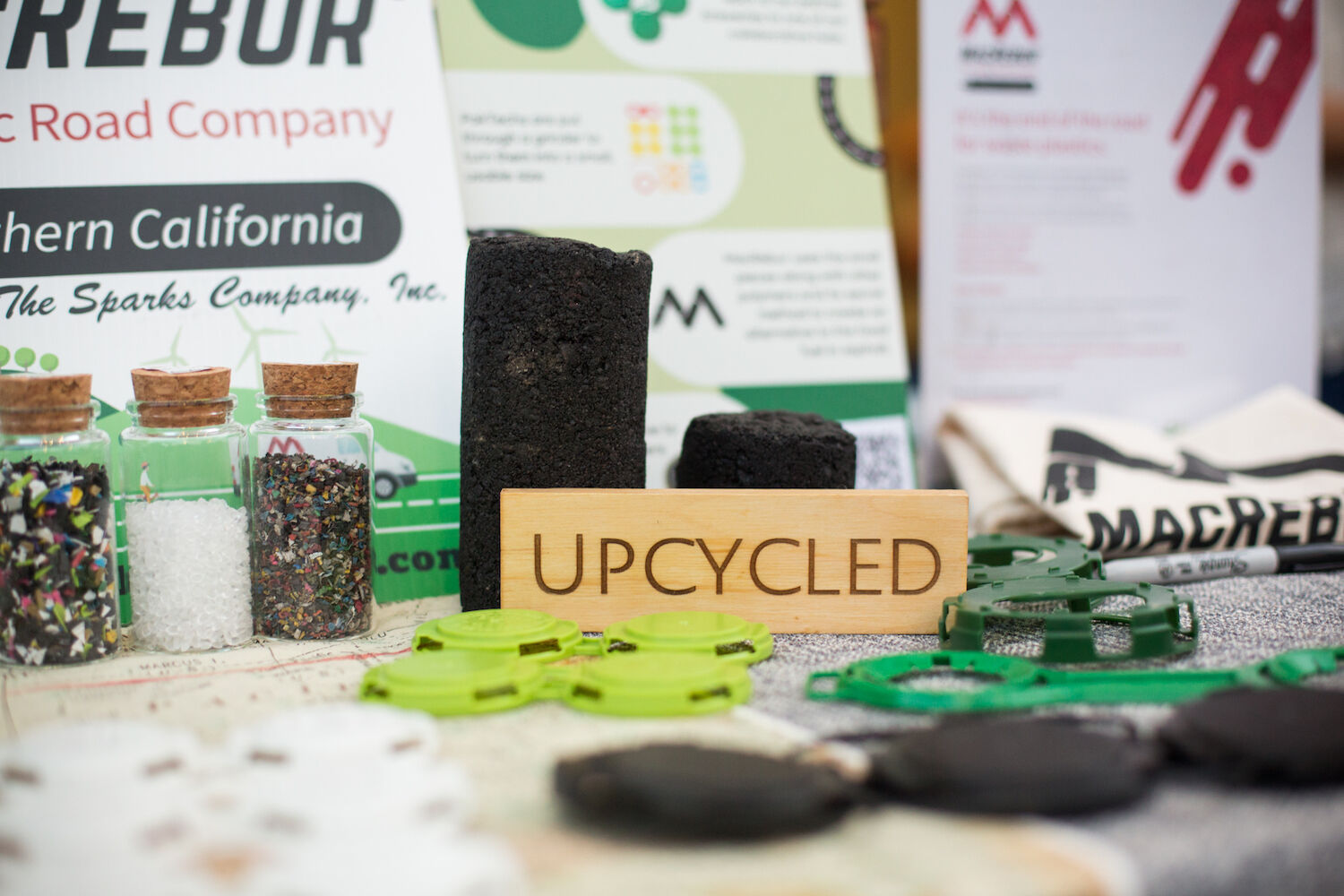
brewcycling-sdm1222-upcycled.jpg
In a little over a year, the Brewcycling Collaborative diverted over 100,000 pounds of material from landfills via 40 drop-off points all over the county (check with your fav local brewery or bar to see if they have one). Additional initiatives like PakTechs to Pavement grind collected PakTechs into asphalt, reducing the need for fossil fuels.
Borkert says with additional funding, they hope to establish permanent collection sites in north, central, and south San Diego county to expand the program and streamline collection efforts. Plus, she points out, prioritizing sustainability won’t always be optional for businesses. “In the next one or two years, legislation for recycling for businesses, producers, and manufacturers are going to change,” she warns.
Consumers can help accelerate Brewcycling’s goals by asking their favorite breweries what sustainability and recycling measures they currently implement, as well as bringing their used PakTechs from home to local drop-off points. Finally, Borkert asks everyone to simply shift their own mentality to be aware of this issue.
“[People say] ‘I’m gonna throw this away,’ But there is no ‘away.’ There’s a landfill or a dump,” she warns.
To find your local Brewcycling drop-off, visit sdbrewcycling.org/get-involved
